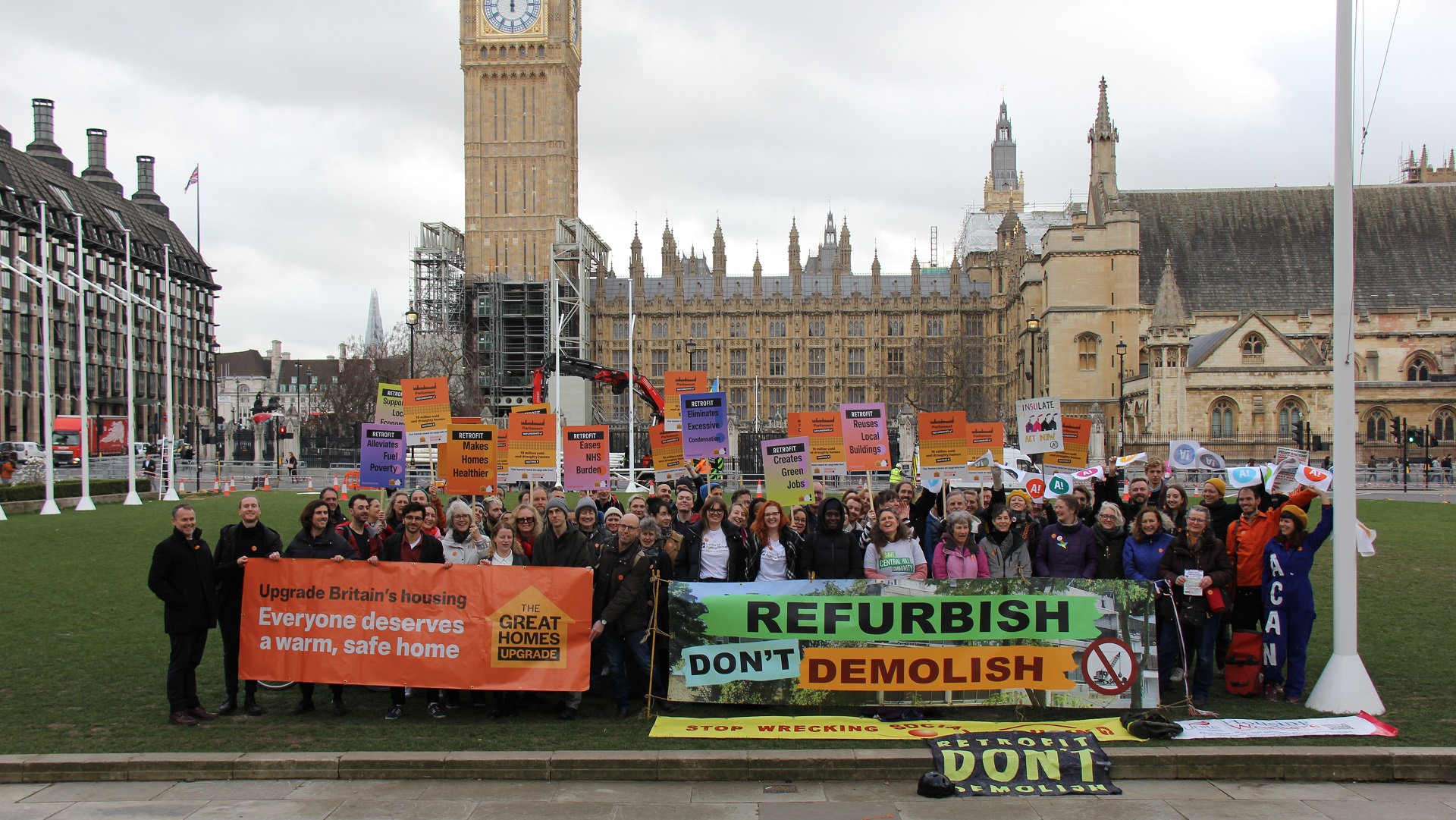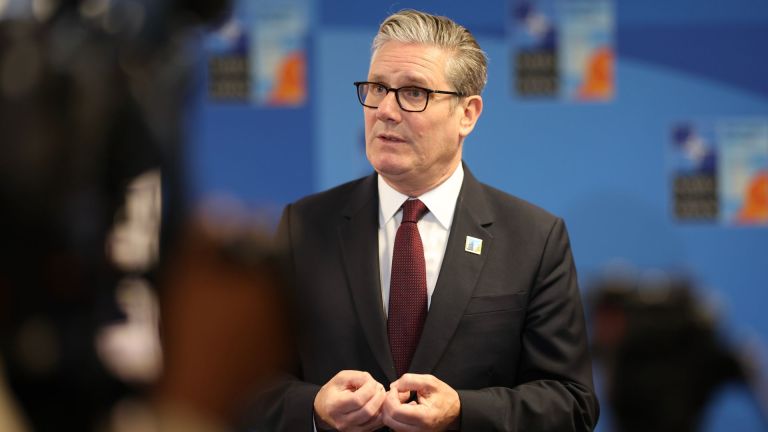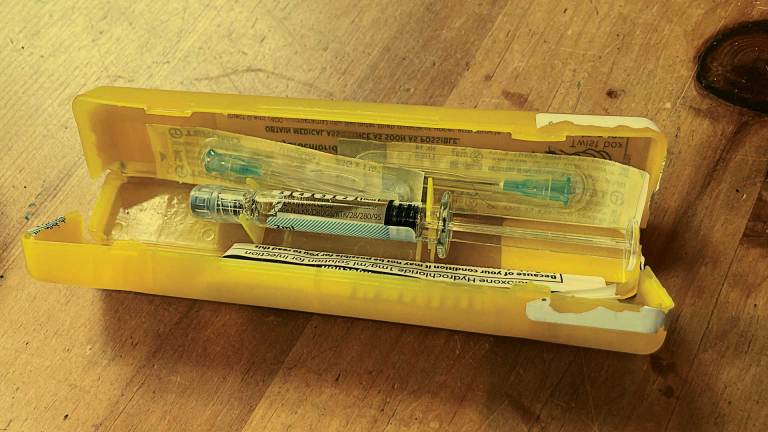Earlier this month campaigners from over 28 organisations came together to call for a Great Homes Upgrade for Britain’s cold and leaky housing stock.
Currently, the UK has some of the least efficient housing in Europe, which means our draughty homes leak heat and suffer from problems like damp and mould. This is not only bad for our health, our wellbeing and our pockets, but it’s also bad for our environment. In fact, one of the largest sources of carbon dioxide emissions in the UK comes from home energy use – just under 20 per cent of total UK carbon emissions.
The recent energy crisis has really hit home how unsustainable this is. People’s bills are going through the roof, and the scourge of fuel poverty is hitting more and more households who just want to keep warm.
Analysis by the New Economics Foundation (NEF) has found that the poorest 10 per cent of families in the UK are currently set to be £420 a year poorer come April, even after government energy rebates and increases to the minimum wage. At the same time, the war in Ukraine is a wake-up call to the dangers of the UK relying on dirty fossil fuels from the global market, when we could have secure renewable sources of energy to keep us warm in our homes.
That’s why NEF is calling for a Great Homes Upgrade, a national programme of work that would transform the lives of millions of households whilst also creating thousands of quality, skilled jobs in insulation and installation.
Upgrading our homes, also known as ‘retrofitting’, is the process of installing new features in a building which has already been built. First, we can make housing more energy efficient through things like better insulation and double- or triple-glazed windows. Second, we can replace dirty fossil-fuel heating systems, like gas boilers, with clean alternatives, like heat pumps. Had we started this work 10 years ago, low-income families would have (literally) been far better insulated against the current price rises in gas and would not be going through so much hardship. Insulation installed in homes in the last decade will save families almost £200 a year from April.










